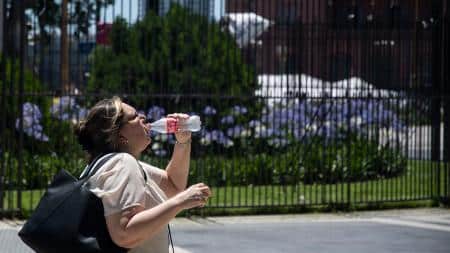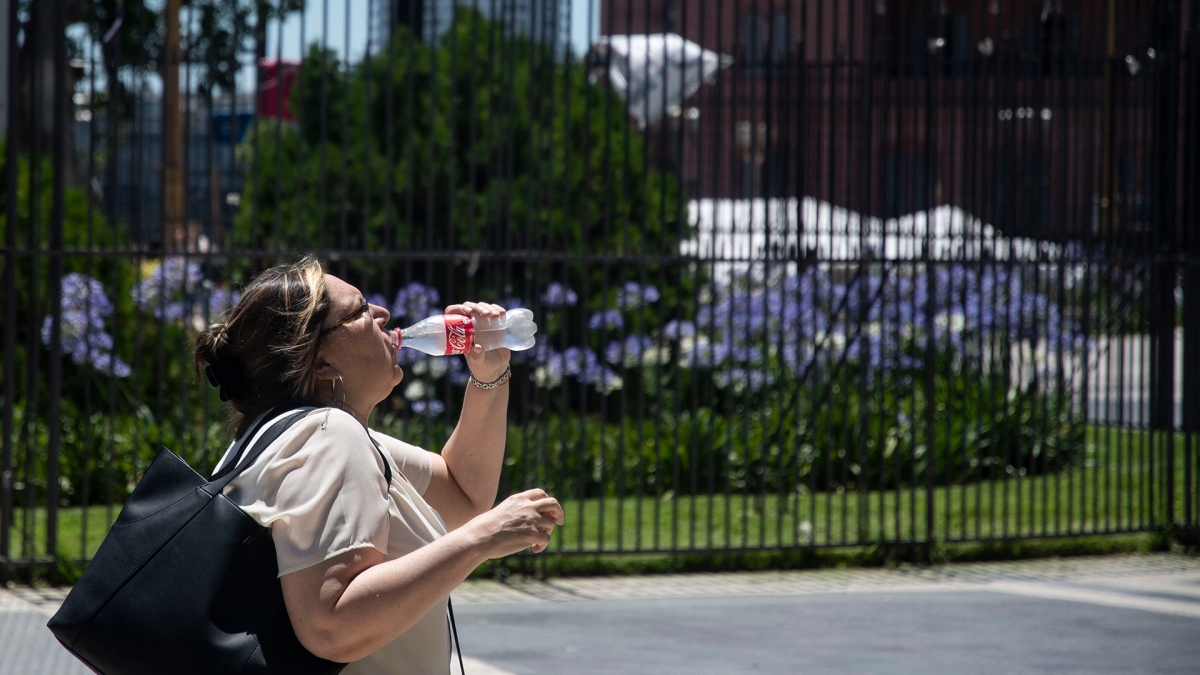 Photo: Camila Godoy
Photo: Camila Godoy
Opinions on social networks and more formal surveys coincide in pointing to summer as the most unfeasible season of all for Buenos Aires. They do not lack reasons: in January the average maximum is 30.4 degrees and the minimum does not fall below 20. Logically, many residents choose to “escape” to the Buenos Aires coast and other more benevolent points in the country or abroad. But, what is it that makes Buenos Aires live (suffer) like hell at this time of year?
1. The Cement Mole.
The surface of CABA is 203 square kilometers, where a little more than 3 million people live. If we add the AMBA (the metropolitan area that surrounds it) we have 13,285 square km, with a total of approximately 17 million inhabitants (that is, more than a third of the country’s total). According to a report from the UBA, cities generally have 1.5 degrees more than their surroundings (the famous thermal sensation). This phenomenon was called “Urban Heat Islands” (ICU). Due to its large dimensions, the Buenos Aires thermal leads us to even worse scenarios.
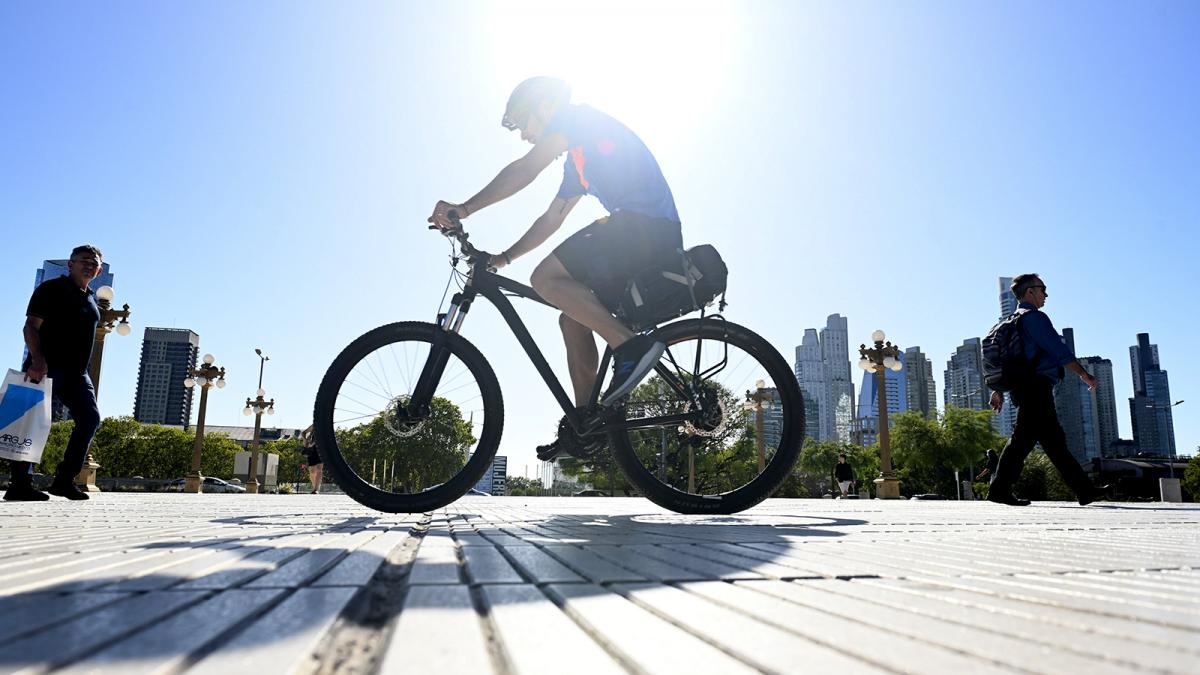 Photo: Leo Vaca
Photo: Leo Vaca
2. Coastal climate.
It is often said that the climate of Mar del Plata and other coastal towns is colder than that of the capital, despite being barely 300/400 km away, and the explanation is clear: they enjoy an Atlantic climate while the great city belongs to the coastal sector. Indeed, this type of climate extends to the Bay of Samborombón, which includes the northeastern provinces and is characterized by being temperate and humid, with “particularly hot summers, highly influenced by the Río de la Plata and by the island effect”. of heat”, according to the specialists. The Atlantic climate, on the other hand, includes “wind that blows constantly towards the continent, more abundant precipitations” and “a thermal oscillation of 10 degrees”. That is, it can be hot during the day, which will surely drop at night.
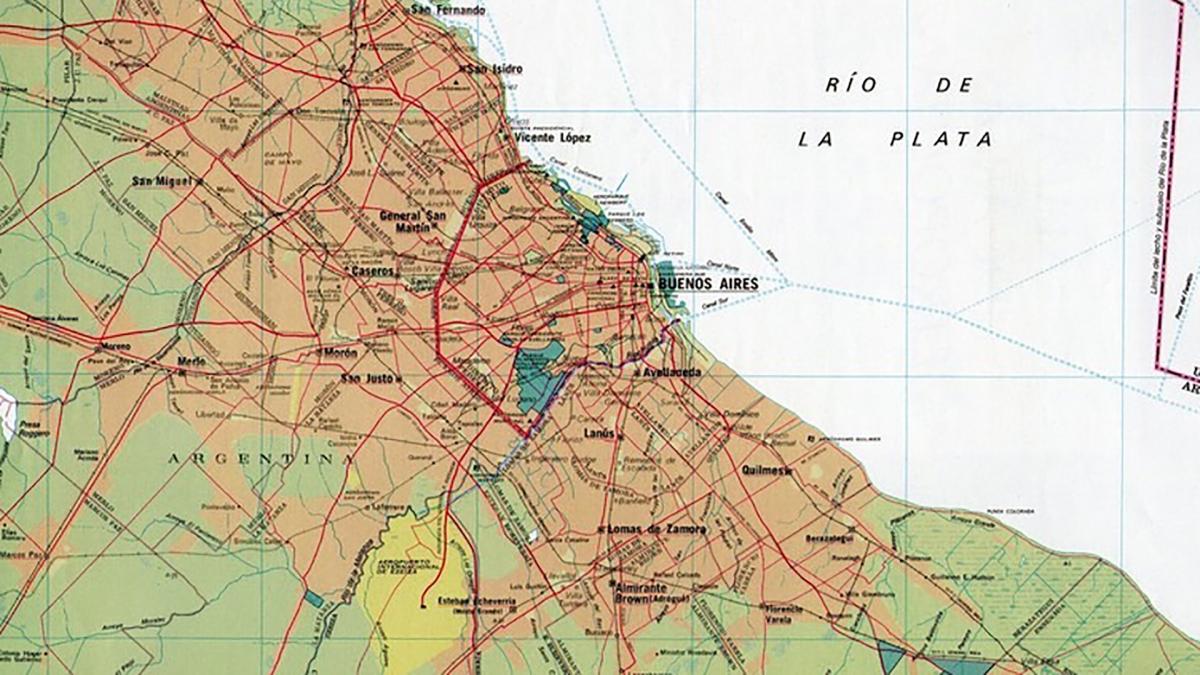
3. What kills is humidity.
Associated with the above, the great catchphrase about Buenos Aires cannot be ignored. Indeed, the humid climate is typical of CABA, and in January it averages between 60 and 70% (a humidity between 40 and 60% is considered comfortable). Add that the district does not present marked thermal amplitudes in the summer months, which means that, except for a change in weather conditions, if it is hot during the day, it will also be hot at night.
Use: This summer we would be facing an exception, due to the effects of the so-called “La Niña Phenomenon”, which generates a predominantly dry climate, which would continue until March.
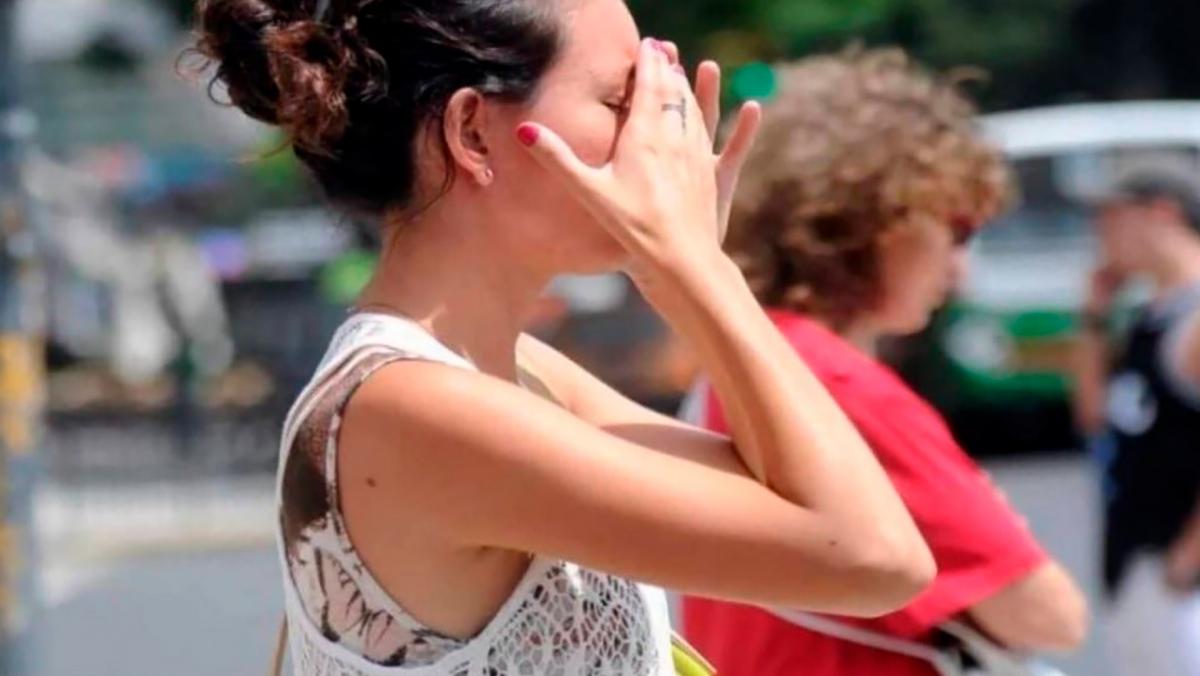
4. Absence of green space.
Buenos Aires has nowhere to turn in an oppressive climate. That is to say: it does not have mountains, like Córdoba, nor a Paraná river, like Rosario. Nor does it enjoy the proximity of the foothills, like Mendoza. It does have a river (De la Plata) to which he decided to turn his back, because it is very difficult to access, and anyway it is contaminated. The most important city in the country does not have a natural geography that oxygenates, unless the Bosques de Palermo are mentioned, which are not located in the center (as is the case with Central Park in New York), but on one of the sides from the city
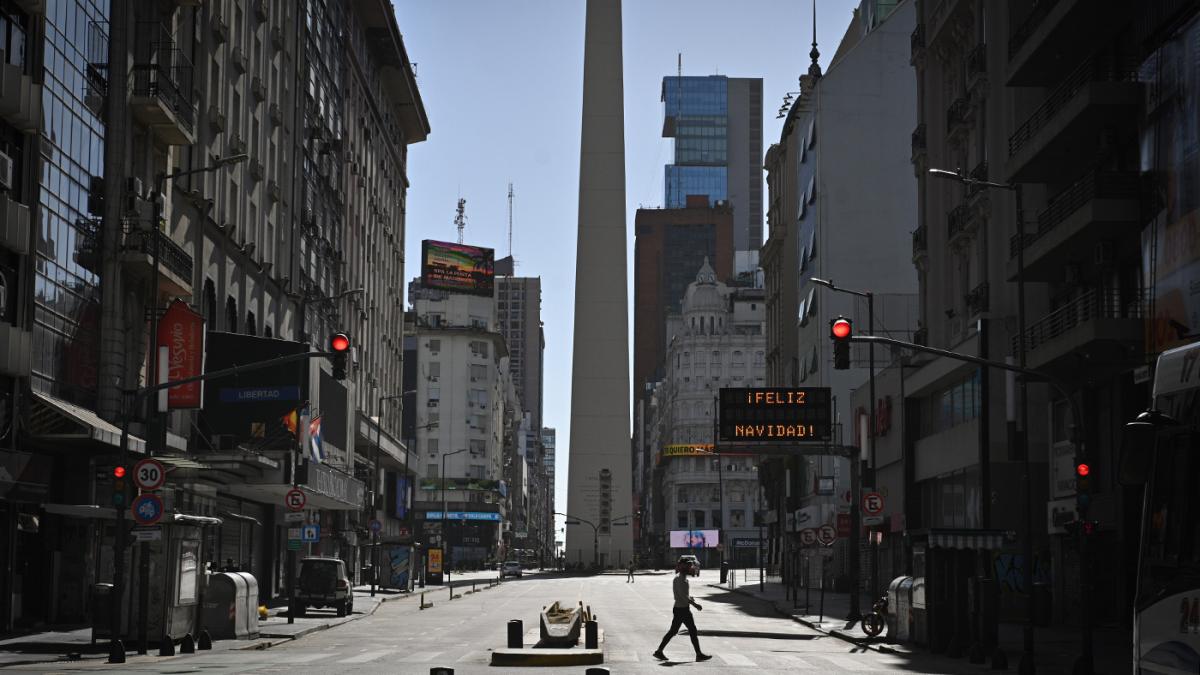 Photo: Victoria Gesualdi
Photo: Victoria Gesualdi
5. Infernal traffic.
The Federal Capital is a space of barely 202 square kilometers in which almost 3.2 million people live, and which has an automobile park that exceeds 1.3 million vehicles. This includes, of course, the heavy transport that goes around the city. In addition, the nearly 1.5 million motor vehicles that enter daily from the suburbs must be added. All this circulation, of course, overheats the concrete and contributes to the sensation of unbreathable atmosphere that we suffer from.
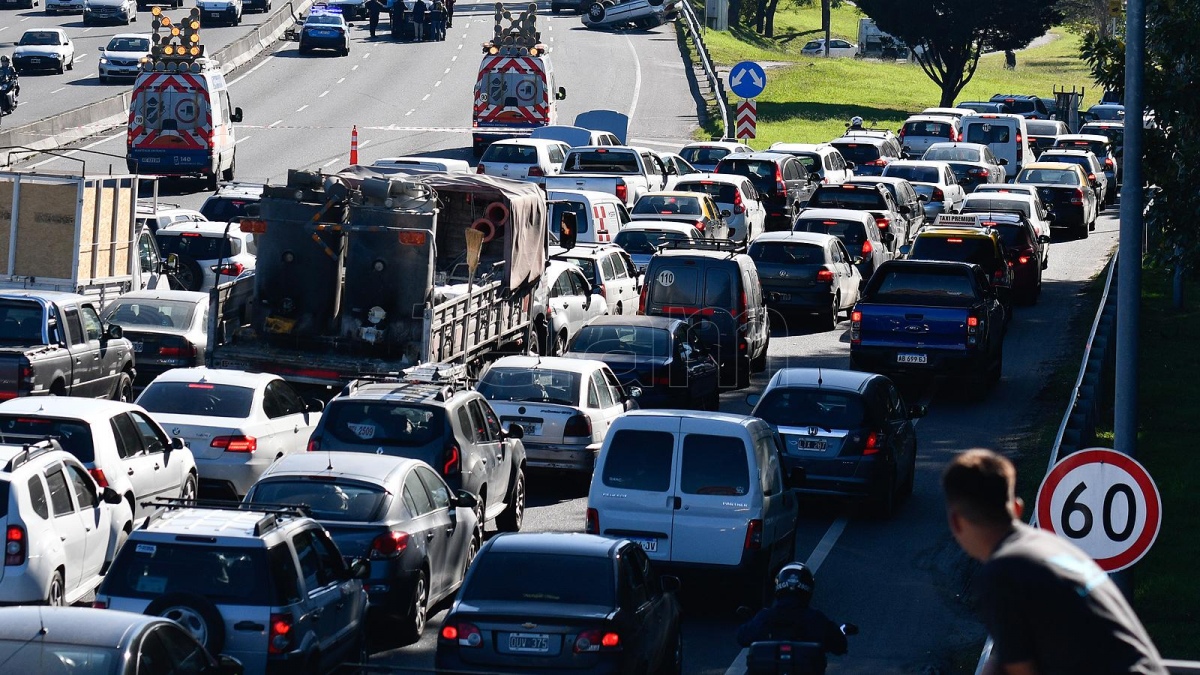 Photo: Eliana Obregon
Photo: Eliana Obregon


